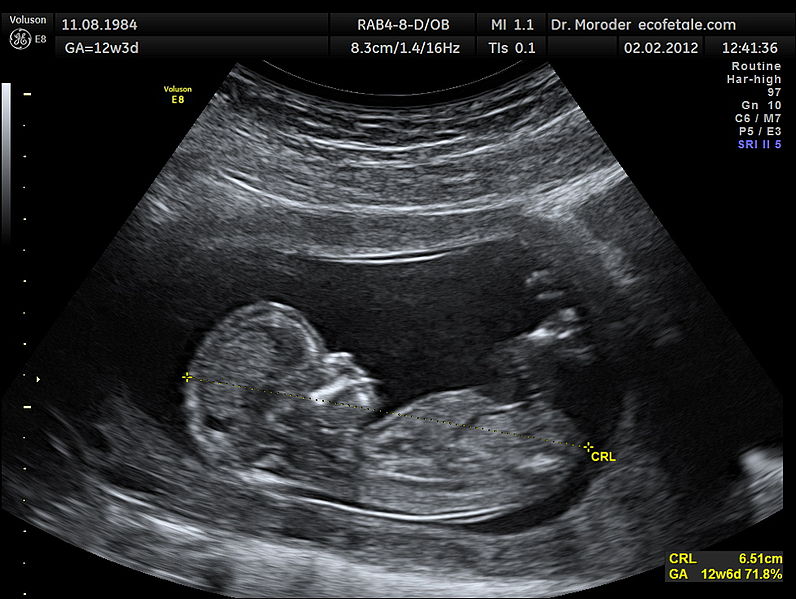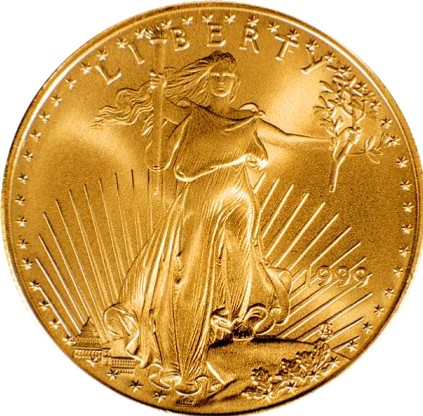(Reuters) – Iran and the United States might be talking up their readiness for war in the Gulf but beneath the rhetoric, all sides appear keen to avoid conflict and prevent accidental escalation – at least for now.
This week, a string of hawkish Iranian statements – including a renewed threat to close the Strait of Hormuz and destroy U.S. bases “within minutes” of an attack – helped push benchmark Brent crude oil prices above $100 for the first time since June.
Western military officials and analysts say Tehran does have the capability to wreak regional havoc. But the current saber-rattling, they believe, is more about moving markets and trying to give the West second thoughts over the ever-tightening oil sanctions aimed at cutting back Tehran’s nuclear program.
A European Union ban on trading Iranian oil announced earlier in the year entered force on July 1, while the United States is also tightening financial restrictions. Even Asian buyers such as China that had hoped to keep taking Iranian crude appear to be scaling back purchases, struggling to find shipping insurance or banking – leaving Iran increasingly isolated.
“What we tend to see is that rhetoric from Iran tends to peak when you have developments around the sanctions issue,” U.S. Deputy Chief of Naval Operations Vice Admiral Mark Fox told a naval conference at London’s Royal United Services Institute.
“We saw this in 2010, we saw it in January this year. They use rhetoric and military exercises to make their point … but it is always best to be prepared, and we always are.”
Washington has highlighted its own military buildup, pointing to new minesweepers, patrol craft and the assault ship USS Ponce joining its Fifth Fleet, which includes the USS Abraham Lincoln and Enterprise carrier battle groups.
Iran has often threatened reprisals for any Israeli or U.S.-led strike on its nuclear sites, whose activities it says are purely peaceful but the West suspects are geared to developing arms. But this week’s statements were more aggressive than most.
In one headline on its website, state-run Press TV described Western warships in the Gulf as “sitting ducks”. An Iranian parliamentary committee said it would pass a bill allowing Tehran to block passage through Hormuz, the conduit for all Gulf oil exports, to ships of any country backing sanctions.
“Iran is essentially reminding the U.S. and its regional allies that if it were attacked, it is capable of responding,” said Michael Connell, an Iran specialist at the Centre for Naval Analysis, which provides analysis to military and other clients as part of larger U.S. government-funded think tank, CNA.
“There is also a domestic component – reassuring their own populace that their armed forces are respected and feared.”
Four months before a U.S. presidential election in which the economy could prove the deciding factor, Iran probably sees the ability to influence global oil prices as a potent and much more usable weapon than actual military action.
“As the impact of European sanctions … begins to create some economic hardship for Tehran, the timing of this announcement suggests that Iran is trying to imply that it in turn can cause economic pain for the world,” said Nikolas Gvosdev, professor of national security studies at the U.S. Naval War College.
Reuters has the full article











